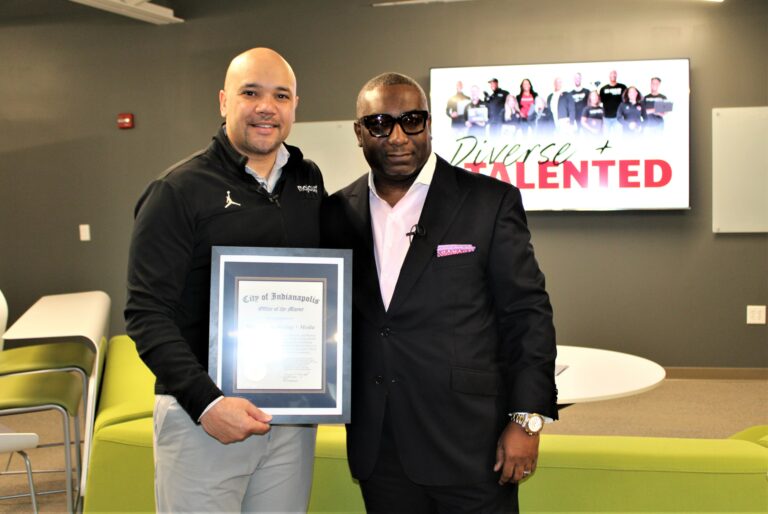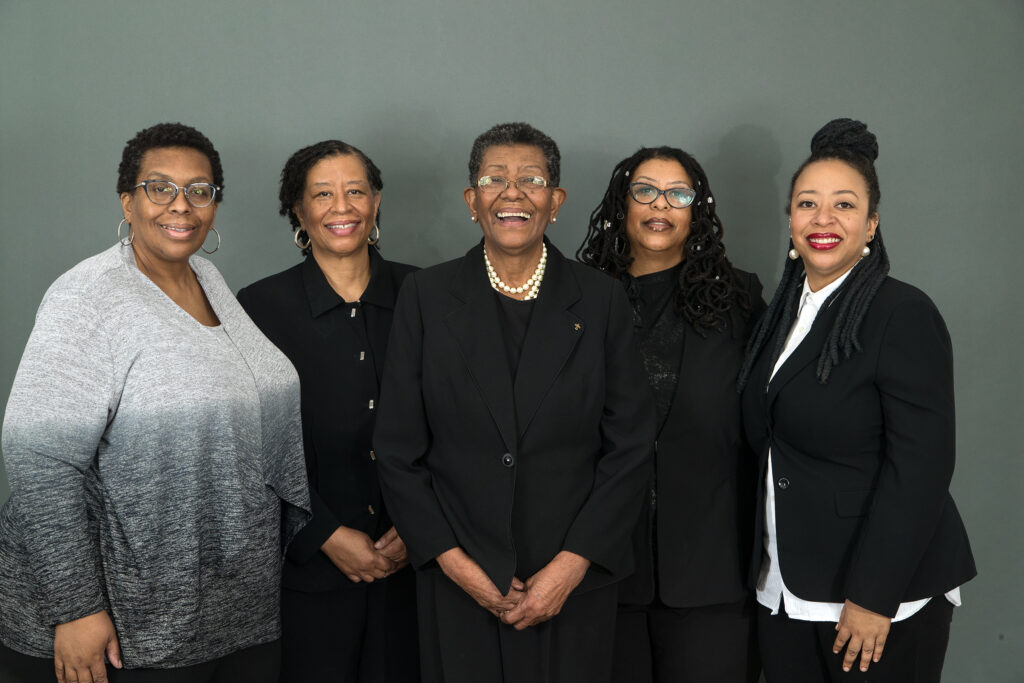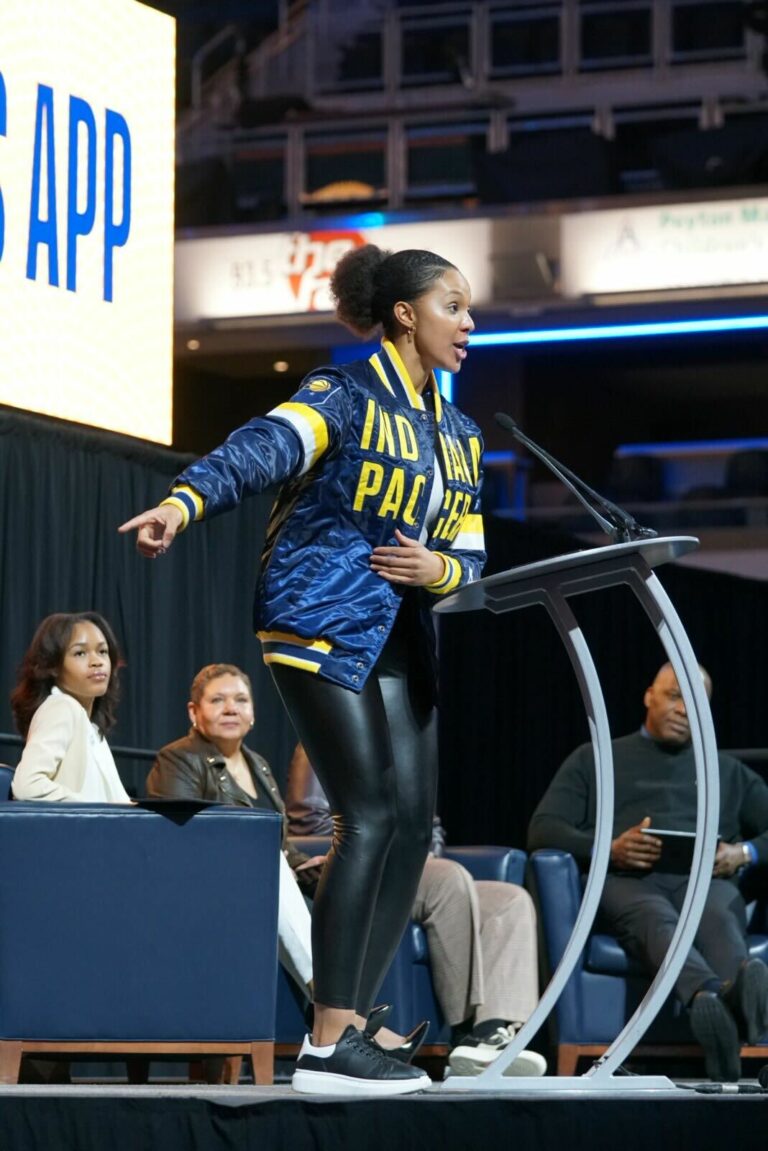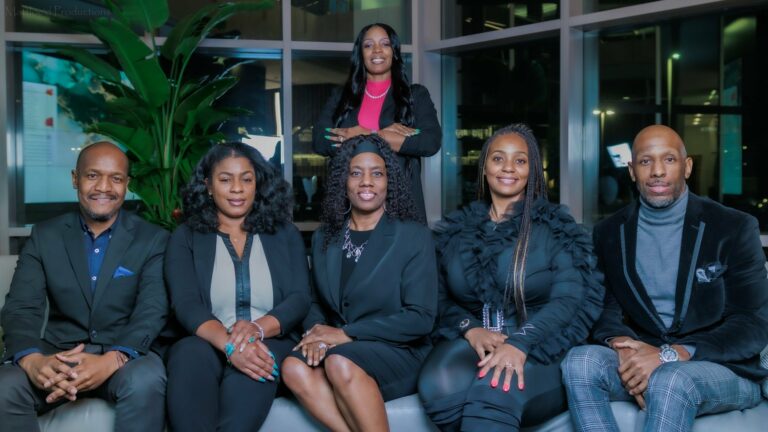Created by Temicka “Chef Tweet” Moore, The Sincere Chef is a catering and events service providing fresh and healthy, homestyle catering, meal prep and food delivery.
Originally from Fort Wayne, Indiana, Moore is the CEO and executive chef of Sincere Catering, Sincerely Yours Events, Sincere Fresh, Sincere Learning Schools and Sincere Lyfe Consulting.
Moore’s passion for cooking stemmed from both southern and northern culinary styles she learned from her grandmothers. This love of cooking led her to launch her first food delivery business while studying at Indiana University.
Sincere Catering and meal prep services feature a large variety of options to choose from, including small plate, soups, salads and breads, in addition to pasta and pairing dishes. Specific dishes for weekly meal prep for both small groups and groups more than 50 can be selected and ordered on the website.
The Sincerely Yours event center, which is located on the Eastside of Indianapolis, includes two rentable suites with an in house 360 booth, IPAD Booth and Uneak Magic Mirror.
The Sincere Chef is located at 6024 East 21st St. for more information about the business, catering and meal prep menus and how to order, visit thesincerechef.com. To get in contact, call 317.922.8790 or email catering@thesincerechef.com.
This minority business highlight was composed by CHLOE McGOWAN at the Indianapolis Recorder, who can be reached at 317-762-7848 or via email at chloegm@indyrecorder.com. If you would like your business highlighted in the Indianapolis Minority Business Magazine, click here!















